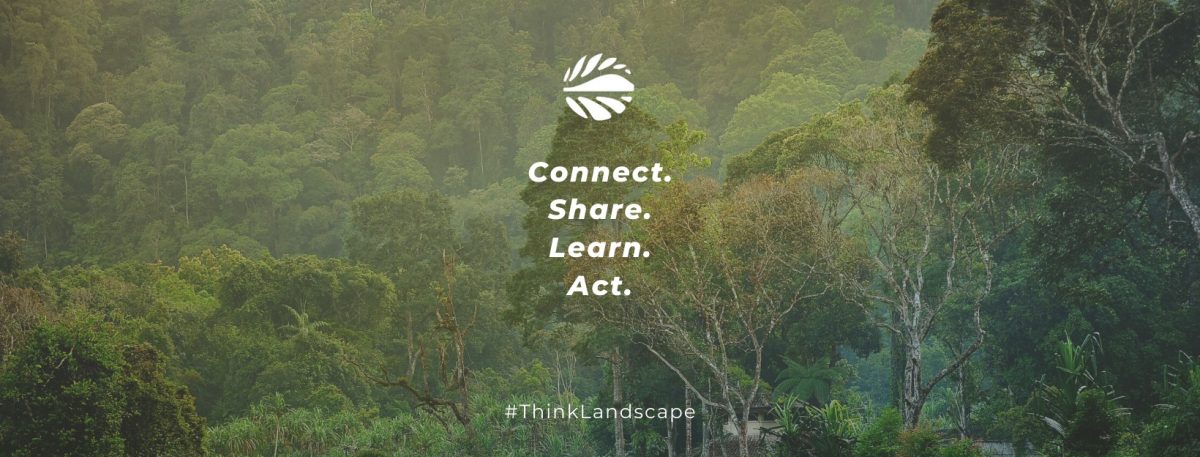GLF Biodiversity Digital Conference: One World – One Health
The GLF Biodiversity Digital Conference will bring together stakeholders from a range of sectors and backgrounds to collectively share solutions to ongoing global issues related to biodiversity, ecosystem restoration, and public health.

GLF Biodiversity Digital Conference: One World – One Health from the 28th to 29th October
This virtual event will take place online from the 28th to 29th October and will organise many sessions around the following topics:
- Setting the post-2020 agenda for biodiversity and ecosystem restoration
- Restoring biodiversity and ecosytems by adopting a hollistic land – and seascape approach
- Biocultural diversity – learning from Indigenous Peoples and local communities
- Biodiversity finance for healthy landscapes and systainable value chains
- Agrobiodiversity for resilient food systems
- Nature-based solutions for a circular economy
Context
« The diversity and sheer abundance of life on Earth underpins the vital services natural systems provide to humans – livelihood provision, water regulation, seed dispersal, pollination, clean water, soil quality, air quality, cultural values, and others. The natural world provides a total value of USD 125 trillion a year in free services and support to economies, close to twice the global Gross Domestic Product (GDP). However, approximately one million plant and animal species are now at risk of extinction with extinction rates estimated to be 1,000 times higher than originally thought; the planet’s life-support systems are reaching or exceeding their thresholds. Human transformation of Earth’s natural landscapes is driving biodiversity loss, alongside land degradation, habitat loss, air pollution, climate change and the emergence of zoonotic pandemics such as SARS and the ongoing COVID-19 crisis, which is not only a health crisis, but an economic, social and environmental crisis. As such, it cannot be tackled in isolation. But it is not too late. The fight against COVID-19, and the plans to build back better after the world has passed the peak of the crisis will require cooperation across all domains, a ‘whole-of-society approach’ that also mobilizes science and business; one that recognizes the connection between ecosystems, human health, and economic growth.
Degraded ecosystems can be restored and offer a wealth of opportunities to bend the curve. By way of response, The United Nations General Assembly has declared the 2021–2030 as the Decade on Ecosystem Restoration, which calls on the international community, civil society, businesses, and individuals to prevent, halt and reverse the degradation of ecosystems worldwide and achieve transformational ecosystem restoration.
The ambition is to restore at least 350 million hectares of degraded landscapes by 2030. With global and regional initiatives such as the Bonn Challenge, Africa’s AFR100 Initiative, Latin America’s Initiative 20×20, the New York Declaration on Forests, the UN Decade on Family Farming 2018 and others, the restoration of biodiverse landscapes is increasingly in the center of the global development agenda. Meanwhile, the UN is also developing the post-2020 Global Biodiversity Framework which will build upon the Strategic Plan for Biodiversity 2011-2020, supersede its Aichi targets, and guide global efforts to conserve the variety of life forms on Earth, ensuring their sustainable use and the equitable sharing of their benefits. The framework will set out an ambitious plan to implement broad-based action to bring about a transformation in society’s relationship with biodiversity to ensure that, by 2050, a more harmonious relationship is achieved. »






